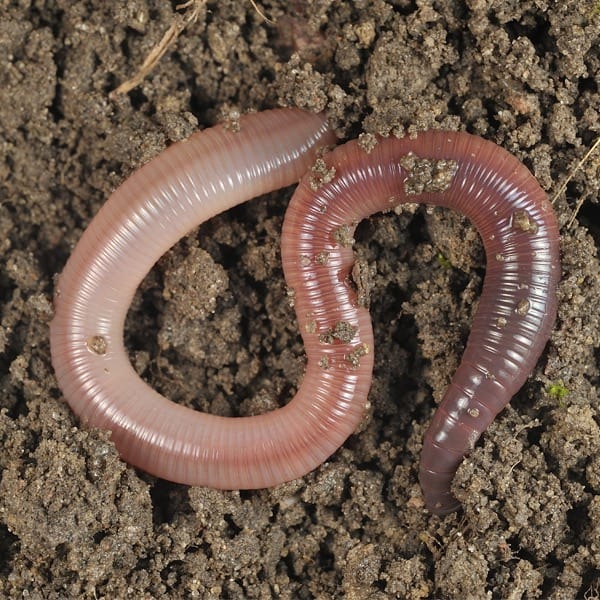What happens when an acid reacts with a carbonate
What Happens When An Acid Reacts With A Carbonate. The fizz produced in sherbet is a reaction between a food acid and a carbonate. Calcium carbonate reacts with hydrochloric acid to form calcium chloride water and carbon dioxide. This reaction is fairly rapid and energetic at high concentrations in large part due to the high affinity of calcium ions for chloride ions. This page looks at the reactions between acids and carbonates to give a salt carbon dioxide and water.
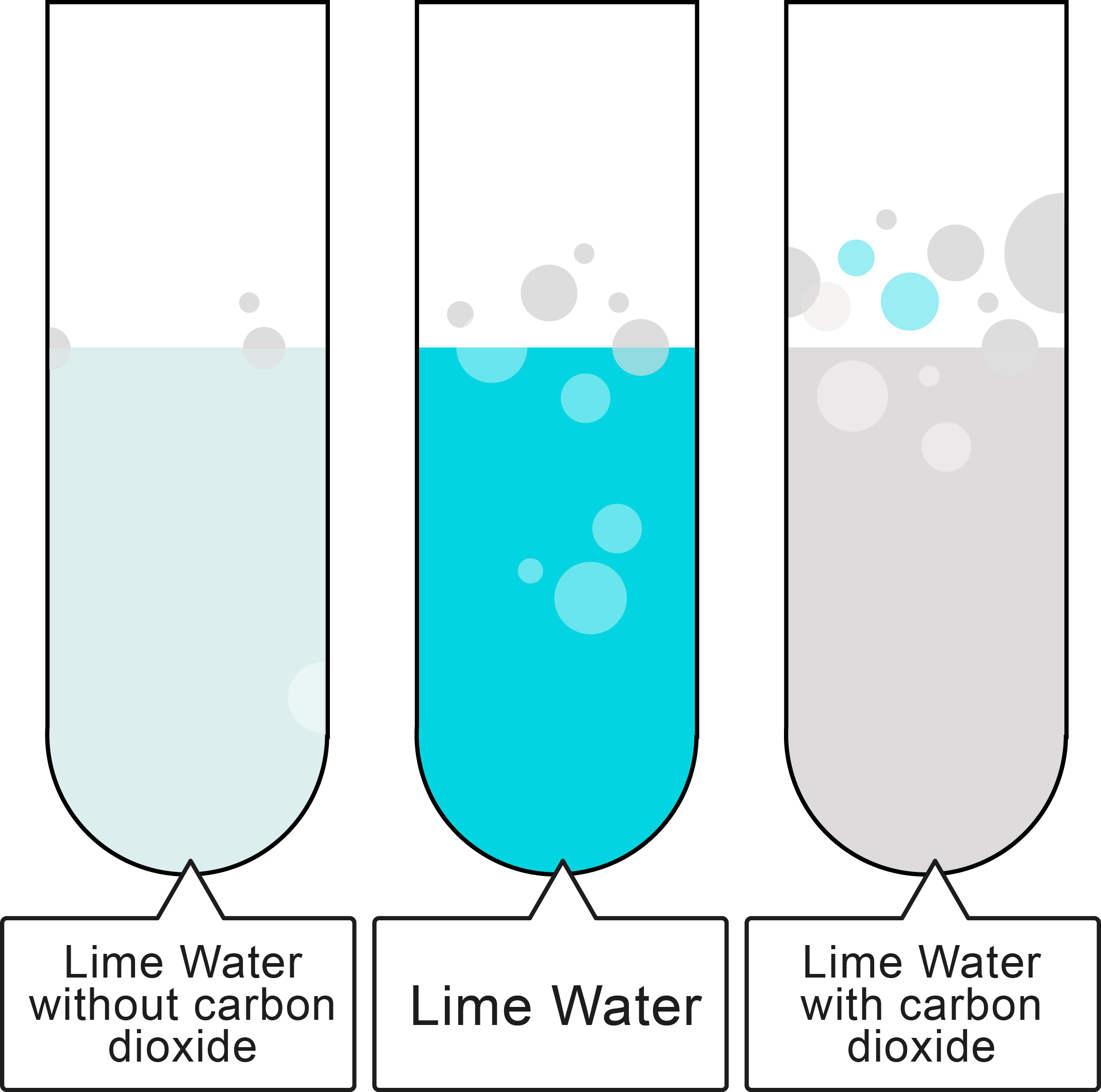 Acids And Metal Carbonates Worksheet Edplace From edplace.com
Acids And Metal Carbonates Worksheet Edplace From edplace.com
Compounds with a carbonate or co 3 group react with acids to produce carbon dioxide co 2 gas. A word equation that can be used to express this reaction is metal carbonate acid metal salt water carbon dioxide a similar result occurs if the compound reacting with an acid is a bicarbonate substance. In this reaction sodium carbonate reacts with hydrochloric acid to form sodium bicarbonate and sodium chloride. Reactions involving calcium carbonate. This reaction is fairly rapid and energetic at high concentrations in large part due to the high affinity of calcium ions for chloride ions. The reaction between these two compounds requires two parts hydrochloric acid to one part calcium chloride.
No gas is formed in this and hence bubble formation will not be observed.
Compounds with a carbonate or co 3 group react with acids to produce carbon dioxide co 2 gas. The fizz produced in sherbet is a reaction between a food acid and a carbonate. Moreover what happens when calcium reacts with sulphuric acid. Why does the reaction between calcium carbonate and sulphuric acid stop. The reaction which occurs between an acid and a carbonate compound produces a salt water and the release of carbon dioxide. Since the calcium sulfate is insoluble in water the coating acts as a protective layer thus preventing further attack on the metal by the acid.
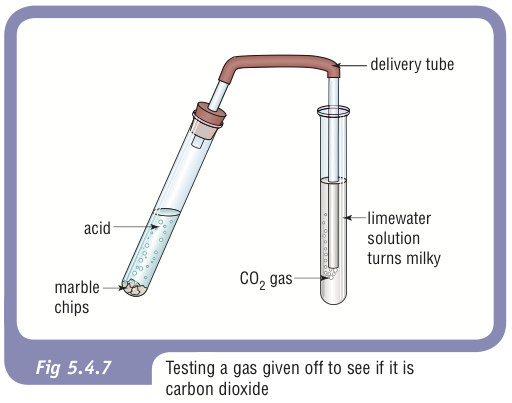 Source: mrsmorrittscience.weebly.com
Source: mrsmorrittscience.weebly.com
Moreover what happens when calcium reacts with sulphuric acid. Calcium carbonate reacts with hydrochloric acid to form calcium chloride water and carbon dioxide. The fizz produced in sherbet is a reaction between a food acid and a carbonate. In this reaction sodium carbonate reacts with hydrochloric acid to form sodium bicarbonate and sodium chloride. Reactions involving calcium carbonate.
 Source: slideplayer.com
Source: slideplayer.com
In this reaction sodium carbonate reacts with excess hydrochloric acid to form sodium chloride water and carbon dioxide. A word equation that can be used to express this reaction is metal carbonate acid metal salt water carbon dioxide a similar result occurs if the compound reacting with an acid is a bicarbonate substance. Na 2co 3 s 2hci aq co 2 g h 2o i. Calcium carbonate reacts with hydrochloric acid to form calcium chloride water and carbon dioxide. In this reaction sodium carbonate reacts with hydrochloric acid to form sodium bicarbonate and sodium chloride.
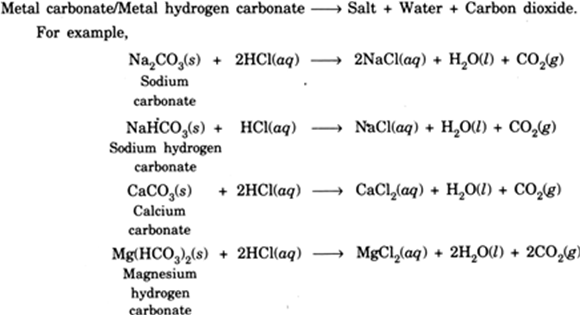 Source: zigya.com
Source: zigya.com
The fizz produced in sherbet is a reaction between a food acid and a carbonate. When an acid reacts with a metal carbonate then a salt carbon dioxide and water are produced. Sulfuric acid react with calcium carbonate to produce calcium sulfate carbon dioxide and water. In this reaction sodium carbonate reacts with hydrochloric acid to form sodium bicarbonate and sodium chloride. This page looks at the reactions between acids and carbonates to give a salt carbon dioxide and water.
 Source: edplace.com
Source: edplace.com
When dilute hydrochloric acid reacts with sodium carbonate then sodium chloride carbon dioxide and water are formed. Since the calcium sulfate is insoluble in water the coating acts as a protective layer thus preventing further attack on the metal by the acid. All carbonates react with acids to produce salt water and carbon dioxide gas. Compounds with a carbonate or co 3 group react with acids to produce carbon dioxide co 2 gas. Reactions between acids and carbonates.
 Source: brainly.in
Source: brainly.in
The commonest carbonate acid reaction you will come across is that between calcium carbonate and dilute. The reaction between these two compounds requires two parts hydrochloric acid to one part calcium chloride. All carbonates react with acids to produce salt water and carbon dioxide gas. When dilute hydrochloric acid reacts with sodium carbonate then sodium chloride carbon dioxide and water are formed. Since the calcium sulfate is insoluble in water the coating acts as a protective layer thus preventing further attack on the metal by the acid.
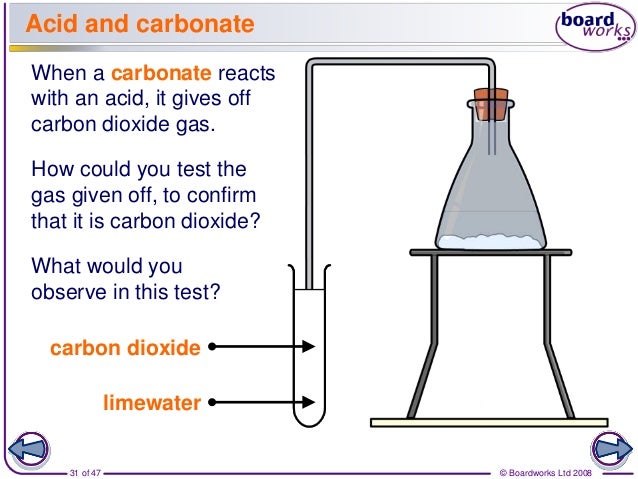 Source: slideshare.net
Source: slideshare.net
This page looks at the reactions between acids and carbonates to give a salt carbon dioxide and water. Reactions involving calcium carbonate. Reactions between acids and carbonates. The fizz produced in sherbet is a reaction between a food acid and a carbonate. When dilute hydrochloric acid reacts with sodium carbonate then sodium chloride carbon dioxide and water are formed.
 Source: slideshare.net
Source: slideshare.net
Calcium carbonate reacts with hydrochloric acid to form calcium chloride water and carbon dioxide. Reactions involving calcium carbonate. When dilute hydrochloric acid reacts with sodium carbonate then sodium chloride carbon dioxide and water are formed. A word equation that can be used to express this reaction is metal carbonate acid metal salt water carbon dioxide a similar result occurs if the compound reacting with an acid is a bicarbonate substance. This page looks at the reactions between acids and carbonates to give a salt carbon dioxide and water.
 Source: youtube.com
Source: youtube.com
When an acid reacts with a metal carbonate then a salt carbon dioxide and water are produced. Na 2co 3 s 2hci aq co 2 g h 2o i. Moreover what happens when calcium reacts with sulphuric acid. When an acid reacts with a metal carbonate then a salt carbon dioxide and water are produced. All carbonates react with acids to produce salt water and carbon dioxide gas.
 Source: intl.siyavula.com
Source: intl.siyavula.com
A word equation that can be used to express this reaction is metal carbonate acid metal salt water carbon dioxide a similar result occurs if the compound reacting with an acid is a bicarbonate substance. The fizz produced in sherbet is a reaction between a food acid and a carbonate. Sulfuric acid react with calcium carbonate to produce calcium sulfate carbon dioxide and water. General word equation acid metal carbonate salt water carbon dioxide. The reaction of sulfuric acid with calcium metal produces a coating of calcium sulfate caso4 on the metal.
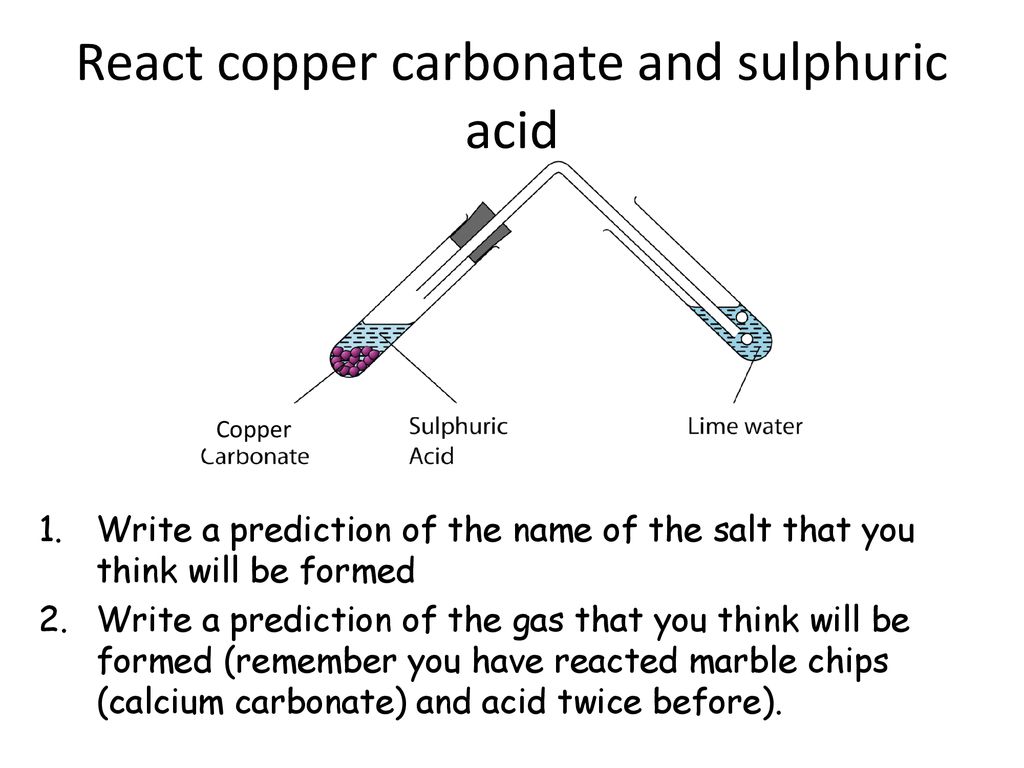 Source: slideplayer.com
Source: slideplayer.com
Sulfuric acid react with calcium carbonate to produce calcium sulfate carbon dioxide and water. No gas is formed in this and hence bubble formation will not be observed. Reactions between acids and carbonates. The reaction between these two compounds requires two parts hydrochloric acid to one part calcium chloride. Moreover what happens when calcium reacts with sulphuric acid.
 Source: youtube.com
Source: youtube.com
The fizz produced in sherbet is a reaction between a food acid and a carbonate. This reaction is fairly rapid and energetic at high concentrations in large part due to the high affinity of calcium ions for chloride ions. General word equation acid metal carbonate salt water carbon dioxide. In this reaction sodium carbonate reacts with excess hydrochloric acid to form sodium chloride water and carbon dioxide. Calcium carbonate reacts with hydrochloric acid to form calcium chloride water and carbon dioxide.
 Source: slideplayer.com
Source: slideplayer.com
All carbonates react with acids to produce salt water and carbon dioxide gas. A word equation that can be used to express this reaction is metal carbonate acid metal salt water carbon dioxide a similar result occurs if the compound reacting with an acid is a bicarbonate substance. General word equation acid metal carbonate salt water carbon dioxide. In this reaction sodium carbonate reacts with excess hydrochloric acid to form sodium chloride water and carbon dioxide. The reaction between these two compounds requires two parts hydrochloric acid to one part calcium chloride.
 Source: brainly.in
Source: brainly.in
Calcium carbonate reacts with hydrochloric acid to form calcium chloride water and carbon dioxide. Compounds with a carbonate or co 3 group react with acids to produce carbon dioxide co 2 gas. This page looks at the reactions between acids and carbonates to give a salt carbon dioxide and water. Acid carbonate salt co2 water. Reactions involving calcium carbonate.
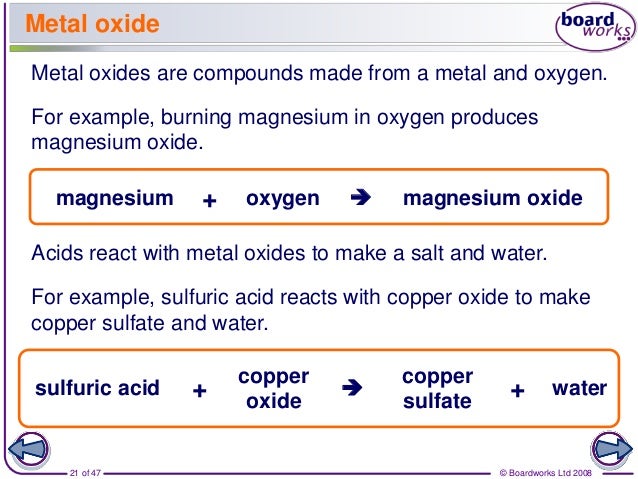 Source: slideshare.net
Source: slideshare.net
Moreover what happens when calcium reacts with sulphuric acid. The reaction of sulfuric acid with calcium metal produces a coating of calcium sulfate caso4 on the metal. Na 2co 3 s 2hci aq co 2 g h 2o i. The fizz produced in sherbet is a reaction between a food acid and a carbonate. Sulfuric acid react with calcium carbonate to produce calcium sulfate carbon dioxide and water.
 Source: edplace.com
Source: edplace.com
The fizz produced in sherbet is a reaction between a food acid and a carbonate. Calcium carbonate reacts with hydrochloric acid to form calcium chloride water and carbon dioxide. No gas is formed in this and hence bubble formation will not be observed. General word equation acid metal carbonate salt water carbon dioxide. This page looks at the reactions between acids and carbonates to give a salt carbon dioxide and water.
If you find this site value, please support us by sharing this posts to your preference social media accounts like Facebook, Instagram and so on or you can also bookmark this blog page with the title what happens when an acid reacts with a carbonate by using Ctrl + D for devices a laptop with a Windows operating system or Command + D for laptops with an Apple operating system. If you use a smartphone, you can also use the drawer menu of the browser you are using. Whether it’s a Windows, Mac, iOS or Android operating system, you will still be able to bookmark this website.

